Being falsely accused of domestic battery is more than a legal problem—it’s a direct threat to your reputation, relationships, and future. Even if the accusation is untrue, the impact can be immediate and damaging. Friends may distance themselves. Employers may question your character. Social media may amplify the accusation long before you have your day in court.
While no lawyer can guarantee an acquittal or full restoration of your reputation, the right legal approach can help you work toward the best possible outcome while limiting the personal fallout along the way.
The Double Challenge: Legal Defense and Reputation Management
Fighting false allegations means navigating two battles at the same time:
-
In the courtroom – Where the outcome of your case will be decided according to law and evidence.
-
In public perception – Where people may form opinions based on incomplete or inaccurate information.
It’s critical to approach both with care. Winning in court but losing in the court of public opinion can still have lasting consequences on your career, social life, and relationships.
Why False Allegations Happen
False domestic battery allegations can occur for many reasons, including:
-
Retaliation during a breakup or custody dispute
-
Misinterpretation of a heated but non-violent interaction
-
Influence from others encouraging the accuser to exaggerate or fabricate
-
Emotional escalation leading to statements that aren’t fully accurate
-
Leverage in ongoing legal matters, such as divorce proceedings
Understanding why the accusation happened can help your attorney craft a strategy for addressing it in court.
The Immediate Risks to Your Reputation
False allegations can trigger:
-
Employment consequences – Suspension, job loss, or missed promotions
-
Relationship strain – Tension or loss of trust among friends and family
-
Public stigma – Online posts or gossip spreading quickly through your community
-
Professional licensing issues – Some professions require disclosure of charges, even without a conviction
These risks often appear before you’ve even had a chance to respond legally. That’s why your approach must address both the case and the perception surrounding it.
The Role of Evidence in Clearing Your Name
Even though the truth may be on your side, simply saying “it didn’t happen” is rarely enough in court. Your attorney can help identify and present evidence that challenges the allegation, such as:
-
Digital communications (texts, DMs, emails) that contradict the accuser’s account
-
Witness testimony from people who saw or heard relevant events
-
Video or photo evidence showing your location or actions at the time
-
Timeline discrepancies proving the alleged incident could not have happened as claimed
The key is to let your lawyer handle the collection and presentation of evidence. Taking matters into your own hands could damage your credibility or even violate court orders.
Avoiding Common Mistakes That Damage Reputation
When someone is falsely accused, it’s natural to want to clear the air immediately. But certain actions can harm both your legal defense and your public image:
-
Engaging in public arguments on social media
-
Contacting the accuser directly to confront or negotiate
-
Sharing partial evidence that lacks proper context
-
Making emotional statements to friends or reporters that can be misquoted
These mistakes can create new material for the prosecution to use against you and may worsen how you’re perceived.
Managing Public Perception Without Harming Your Case
In most domestic battery cases, it’s best to limit public statements entirely and let your lawyer speak for you if needed. If the situation requires some form of communication—for example, to your employer—keep it brief, factual, and non-confrontational:
“I am facing an accusation that I strongly dispute. I am working with legal counsel to resolve the matter.”
This type of statement avoids discussing details while signaling that you’re taking the situation seriously.
Understanding the Role of Protective Orders
In many cases, false allegations lead to an order of protection (sometimes called a restraining order). While you may view this as unfair, violating the order—even unintentionally—can bring new criminal charges that are harder to defend.
An attorney can help you understand exactly what the order requires and how to comply with it while still defending your case.
Long-Term Effects of a False Accusation
Even after charges are dropped or you’re found not guilty, the accusation can linger:
-
Online search results may continue to show news articles or social media posts
-
Background checks could still list the arrest until records are expunged
-
Personal relationships may never fully return to normal without proactive repair
In Illinois, you can seek expungement or sealing of your record in certain situations. Your attorney can guide you through this process once your case is resolved.
The Importance of Documentation
From the moment you learn of the accusation, begin documenting events—but only under your attorney’s guidance. This might include:
-
Keeping a log of all interactions related to the case
-
Saving relevant messages, emails, or voicemails
-
Making note of potential witnesses and their contact information
Proper documentation can help both your defense in court and your ability to correct the record afterward.
Legal Protections Against False Allegations
In Illinois, knowingly making a false police report is a crime. However, pursuing charges against someone for a false allegation is a separate process that should only be considered after your own case is resolved. Your lawyer can advise whether this is appropriate and how it might affect your situation.
For more information on Illinois criminal procedures, you can review the Illinois Courts’ official resources.
How an Attorney Can Help Protect Both Your Case and Your Reputation
No attorney can promise to restore your reputation entirely or ensure a specific legal outcome. However, they can:
-
Build a defense that addresses both the legal and personal consequences of the accusation
-
Advise you on what to say—and what not to say—in public or online
-
Coordinate with digital reputation management services after the case, if appropriate
-
Pursue record sealing or expungement when eligible
The earlier you involve legal counsel, the more control you have over both your defense and your public image.
Moving Forward After Clearing Your Name
If your case is resolved in your favor, you can take steps to rebuild your reputation:
-
Address key relationships directly – Speak privately with friends or colleagues to share the resolution.
-
Consider professional statements – If the case was public, a brief factual statement may help counter misinformation.
-
Focus on long-term consistency – Your ongoing behavior will be the most powerful tool in restoring trust.
Rebuilding a damaged reputation takes time, but it’s possible—especially when your legal outcome supports your integrity.
False domestic battery allegations can threaten your freedom, your livelihood, and your standing in the community. By working closely with an attorney and avoiding actions that could worsen public perception, you can fight the charges while protecting your reputation as much as possible. The road may be difficult, but with the right legal strategy and personal discipline, you can emerge with both your record and your dignity intact.
Do You Need to Talk to an Attorney About Domestic Battery Defense?
If you need to talk to a domestic battery defense attorney in Illinois, we’re here to help. Call us at 847-920-4540 now – we’ll be happy to give you a free consultation and talk to you about your options.

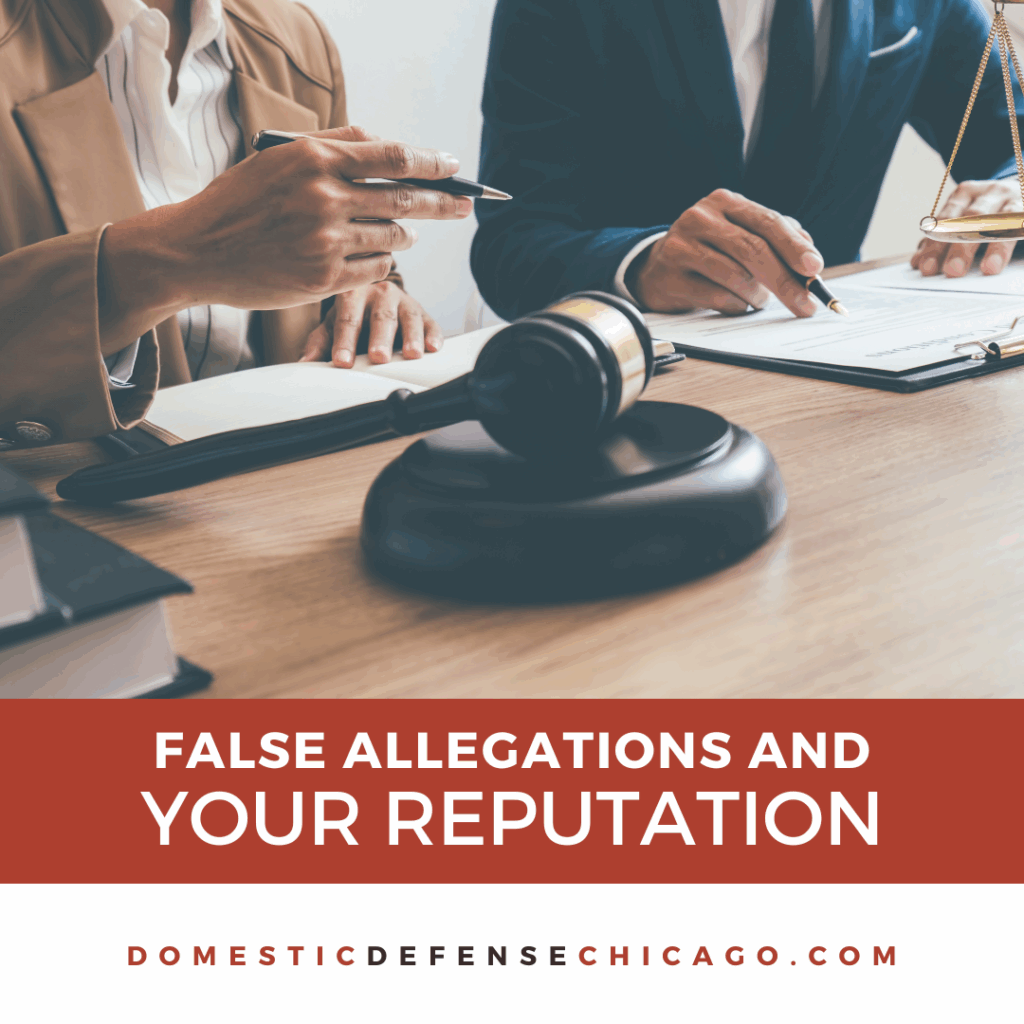

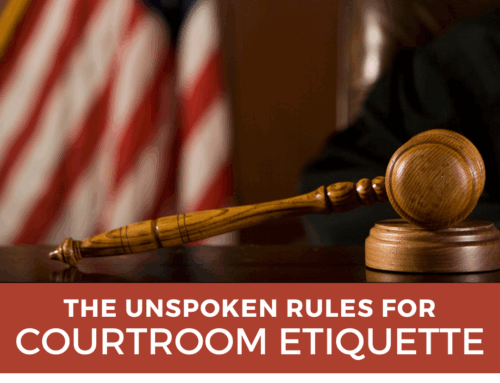
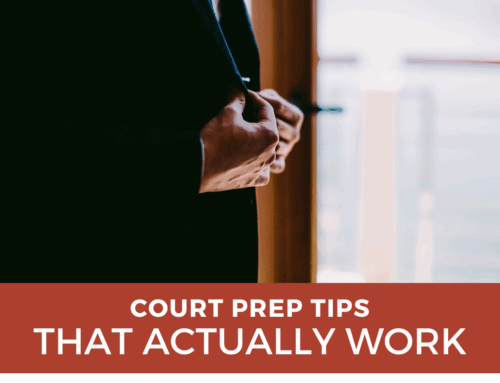
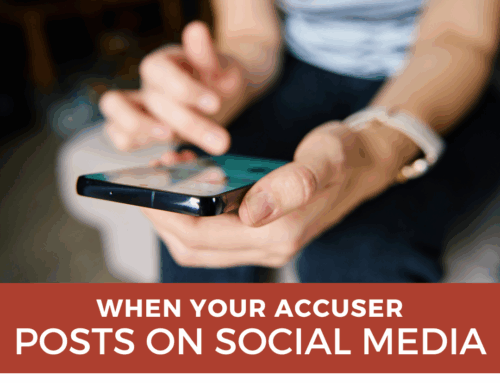
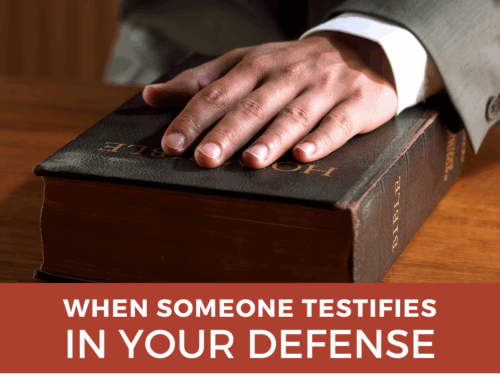
Leave A Comment
You must be logged in to post a comment.